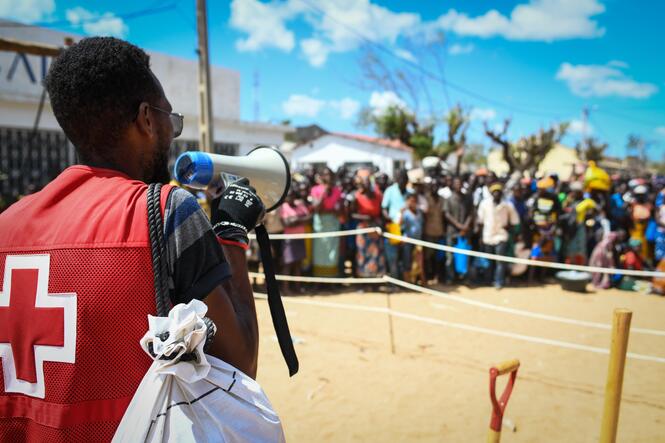
The Mozambique Red Cross (MRC) has been actively engaged in advocacy for the development of a national disaster management law. MRC Secretary-General Fernanda Teixeira explains:
What role has MRC played in Mozambique’s upcoming disaster management legislation?
Besides advocacy activities in Parliament, we have been involved in meetings and workshops discussing the national disaster management plan, and assist the government by offering the Movement’s experience. We also intend to organise workshops to discuss implementation of the IDRL Guidelines.
What have MRC’s advocacy priorities been? To what extent has MRC succeeded in having these reflected in national planning?
For now, our priorities are the development of clearly defined and formalised co-ordination mechanisms for disaster response, and the creation of more legal facilities for humanitarian organisations to help them contribute better to disaster preparedness.
We believe that our advocacy has mostly been successful. However, issues such as tax exemptions for humanitarian organisations remain critical, as currently they are dealt with on a case-by-case basis. We also need a better definition of when an official disaster can be declared, and what action MRC is permitted to take if no declaration is made. This last issue often creates difficulties with resources, as we may not appeal for funds if the government has not officially declared a disaster.
Did the 2007 flood relief operation bring to light any legal issues which still need to be addressed?
This experience showed that there is still a gap in legal facilities and tax exemptions for disaster relief, as well as uncertainty about when external help can be requested.
What issues will you be highlighting in your presentation at the upcoming Pan-African Conference of Red Cross and Red Crescent Societies?
By sharing our experience, I will highlight the importance of any country having good disaster management mechanisms, so that quick action can be taken to save lives. Governments should take leadership on this issue, engage with civil society and make the most of the experience that National Societies can offer